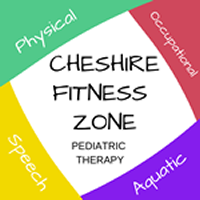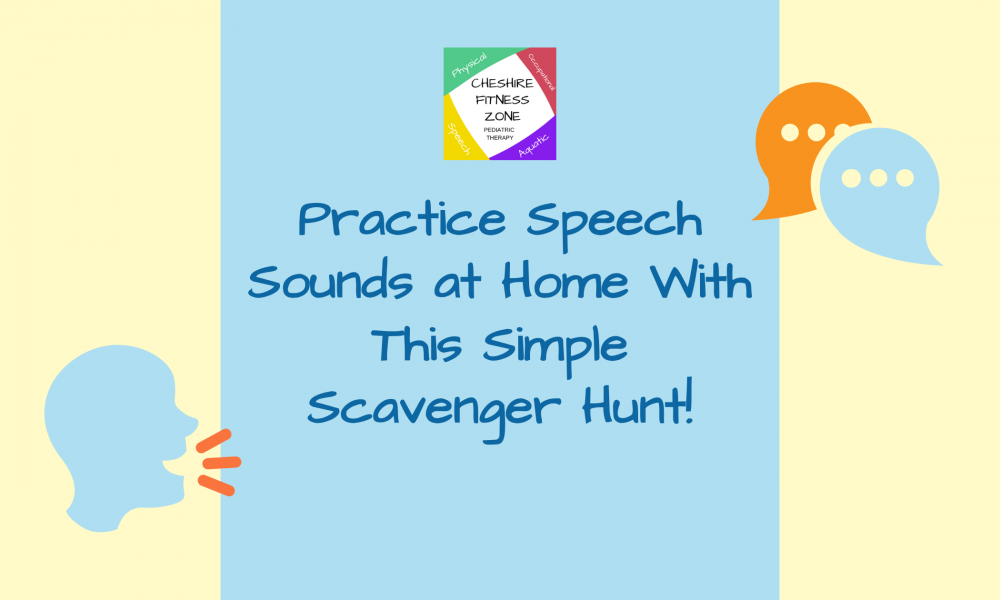Practice Speech Sounds at Home With This Simple Scavenger Hunt!
Looking for an easy way to make speech practice more fun at home? Speech Therapist Ms. Annie Gunn shared a creative idea that does just that. A speech sound scavenger hunt turns everyday household objects into a playful way to work on target sounds. It keeps kids moving, engaged, and gives them lots of natural chances to practice their speech.
Let’s take a look at how you can do this at home!
How it works:
- Pick a speech sound your child is working on, like /p/, /k/, or /s/
- Choose if you want to focus on the beginning, middle, or end of words
- Walk around the house and search for items that have that sound in the chosen spot
As your child finds each object, encourage them to say the word out loud. You can model the word first if they need help.
Need help thinking of words? Click here to for Ms. Annie’s printable word list sorted by speech sounds!
Try it with these sounds!
/p/
If your child is working on the /p/ sound, there are plenty of household items you can use. Start by choosing if you want to focus on the beginning, middle, or end of the word, then begin your search
Initial: pan, pillow, plate
Try saying, “Look! You found a pillow. Pillow starts with /p/, p p pillow.”
Medial: teapot, diaper, pepper
“We found a teapot. I hear the /p/ sound in the middle, teapot.”
Final: lamp, cup, mop
“You found a cup. That ends in /p/, cup.”
/s/
The /s/ sound is also super common around the house. Kids often enjoy the silly snake-like ssss sound, which makes this one extra fun to practice during your hunt!
Initial: soap, sink, scissors
“Soap starts with /s/, just like scissors”
Medial: toaster, basket, dresser
“Let’s say toaster together. Hear the /s/ in the middle”
Final: glass, bus, house
“Glass ends in a soft /s/, glass. Great listening”
You can repeat this activity with all kinds of speech sounds like /t/, /m/, /g/, /sh/, and more. It’s easy to adjust based on what your child is working on and what you have around the house!
Why it’s helpful:
- Kids stay engaged because it feels like play, not work
- You’re practicing speech sounds in real life, which makes it easier to carry those skills into everyday conversations
- Repeating the words as you find them gives your child extra chances to practice without feeling pressured
Let us know if you try it out, and feel free to reach out to your speech therapist for help choosing target sounds or adding in a little extra challenge!



